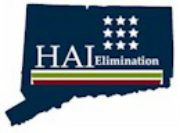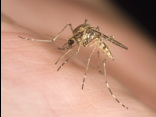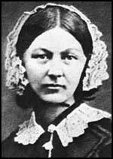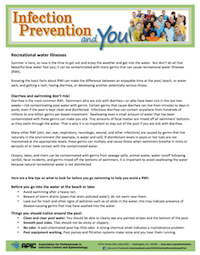| Summer is here, so now is the time to get out and enjoy the weather and get into the water. But don’t let all that beautiful blue water fool you; it can be contaminated with many germs that can cause recreational water illnesses (RWI). Knowing the basic facts about RWI can make the difference between an enjoyable time at the pool, beach, or water park, and getting a rash, having diarrhea, or developing another potentially serious illness. See more from APIC. |
 LTCF Phase III Coming to Your Facility, Soon Phase I: Acute Care Hospitals– Addresses most common infections found in the ACH inpatient setting. Policy options for linking payment incentives or disincentives to quality of care and enhancing regulatory oversight of hospitals. This HAI Action Plan includes five-year goals for eight specific measures of improvement in HAI prevention. Phase II: Ambulatory Surgical Centers, End-Stage Renal Disease Facilities, and Increasing Influenza Vaccination among Health Care Personnel. Extending its scope to the outpatient environment and addressing the health and safety of health care workers, as well as the risks of transmission of influenza from health care personnel to patients.  West Nile virus (WNV) was first identified in Connecticut in 1999. The Department of Public Health (DPH) in collaboration with other state agencies and local governments implemented surveillance systems in 2000. These surveillance systems included tracking WNV infections in humans, horses, wild birds, and mosquitoes. It was determined that mosquito surveillance was the best sustainable indicator of potential human infections. The Connecticut Agricultural Experiment Station maintains 91 mosquito trap sites in 73 towns statewide. The trapping sites were selected based on habitat, proximity to residential areas, and historical findings. According to the Centers for Disease Control and Prevention (CDC),West Nile virus (WNV) infection can cause serious disease; considered a seasonal epidemic in North America that flares up in the summer and continues into the fall spread by the bite of an infected mosquito.  Florence Nightingale May 12, 1820 – August 13, 1910 Florence Nightingale, the daughter of the wealthy landowner, William Nightingale of Embly Park, Hampshire, is credited with pioneering modern nursing, was born in Florence, Italy. The family returned to England when Miss Nightingale was one years of age in 1821. In spite of the advantages for being born into a prominent wealthy family, she did not want to settle for a life of marriage nor content to do good works on the estates with her mother and sister; she pondered on the need for charity and the causes of poverty and unemployment." Biographer, Colin Matthew, has pointed out: "Florence was a good mimic, attractive to men, and had a number of suitors; many of the men she met through her parents remained lifelong friends....” Florence refused to marry several suitors, and at the age of twenty-five told her parents she wanted to become a nurse. Her parents were totally opposed to the idea as nursing was associated with working class women.  Nurse Certification Nurse Certification 97 Percent of Nurses Say it Boosts Confidence BY SUE MONTGOMERY, RN, BSN "You know you’re good at what you do, so why invest the time, angst and money involved in pursuing specialty certification? It’s a good question, but if you understand some of the potential benefits of certification, you may find yourself signing up before you know it." |
ICNC-BlogAuthor: Infection Archives
April 2020
Categories
All
|

 RSS Feed
RSS Feed

